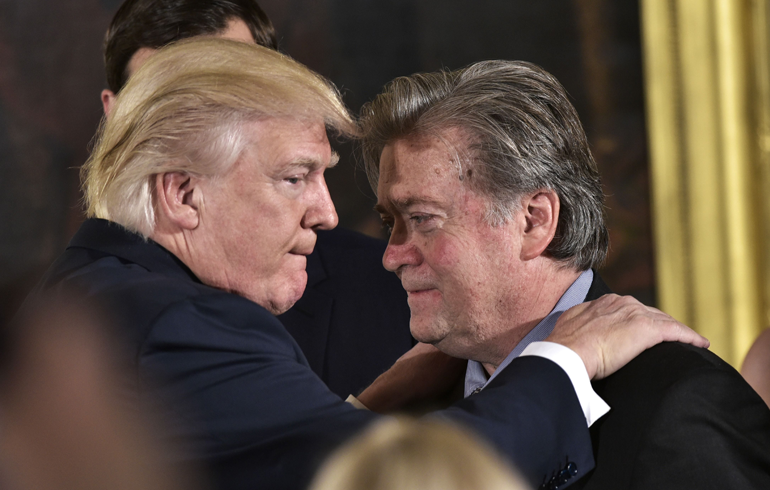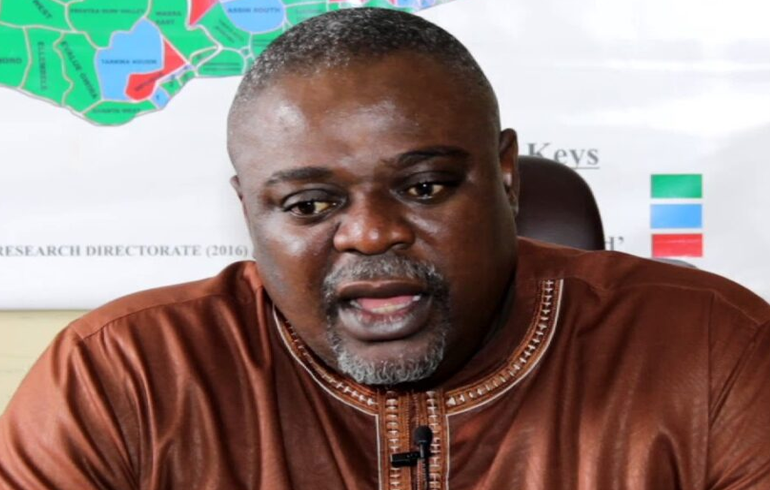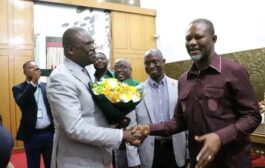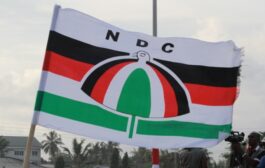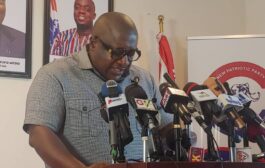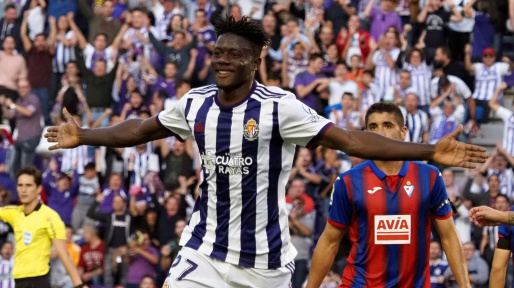In the final hours of his presidency, Donald Trump has pardoned 73 people, including his former adviser Steve Bannon, who is facing fraud charges.
Another 70 people had sentences commuted, ahead of Joe Biden’s inauguration at noon (17:00 GMT).
Rapper Lil Wayne received a pardon and there were commutations for rapper Kodak Black and former Detroit Mayor Kwame Kilpatrick.
The president has not issued preemptive pardons for himself or family members.
He can still issue more pardons on Wednesday morning, as he remains president until Mr Biden takes the oath of office outside the US Capitol.
The inauguration ceremony will be tight on security following the recent breach of the Capitol by violent pro-Trump protesters. It will also be stripped of crowds due to the coronavirus pandemic. Who are the key recipients of clemency?
A statement from the White House listed the 73 individuals who had received pardons and the 70 who had their sentences commuted.
Steve Bannon was a key strategist and adviser to President Trump during his 2016 campaign. He was charged in August last year with fraud over a fundraising campaign to build a wall on the US-Mexico border.
Prosecutors said Mr Bannon and three others defrauded hundreds of thousands of donors in connection with the “We Build the Wall” campaign which raised $25m (£18m). It was alleged Mr Bannon received more than $1m, at least some of which he used to cover personal expenses. He denies the charges and has yet to stand trial.
The White House statement said Mr Bannon had been “an important leader in the conservative movement and is known for his political acumen”. It said prosecutors had “pursued” him with charges “related to fraud stemming from his involvement in a political project”.
Lil Wayne, whose real name is Dwayne Carter, pleaded guilty to a federal weapons charge last year and has been pardoned. He posted a photo of himself with Mr Trump during the election campaign praising the president’s work on criminal reform.
Kodak Black, real name Bill K Kapri, who was also charged with firearms offences, had his sentence of three years and 10 months commuted. The White House statement praised his philanthropic work.
Kwame Kilpatrick was sentenced in 2013 to 28 years in prison on charges of racketeering, bribery and extortion in relation to his period as Detroit mayor from 2002 to 2008. His sentence is commuted – the White House said this was “strongly supported by prominent members of the Detroit community”.
Anthony Levandowski received a full pardon from an 18 month sentence. He is a former Google engineer who admitted stealing secret technology related to the company’s self-driving cars. The pardon says he had “paid a significant price for his actions and plans to devote his talents to advance the public good”.
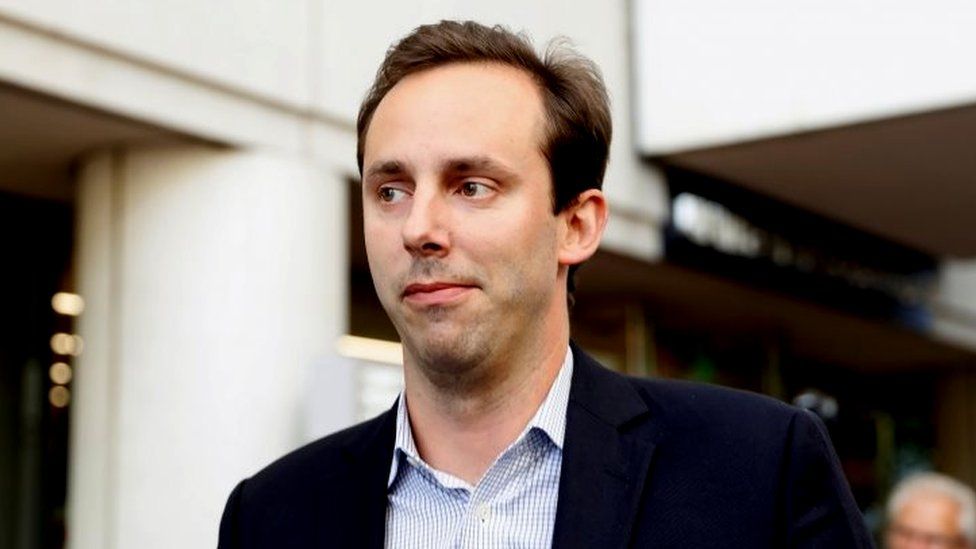
A full pardon was also issued to Elliott Broidy, a Republican fundraiser who admitted accepting funds to lobby Mr Trump for Chinese and Malaysian interests. The White House cited his “philanthropic efforts”.
How and why is clemency issued?
It is common for outgoing presidents to issue pardons before they leave the White House.
A pardon cancels a criminal conviction, while a commutation shortens or ends a prison sentence.
When it comes to crimes charged in a federal court, the US president has virtually unlimited power to pardon.
There has been speculation Mr Trump could try to pardon himself or his family members ahead of any possible charges.
It is unclear whether he has the legal power to do so and there is no precedent of a US leader issuing such a pardon.
He does face a possible Senate impeachment trial for “incitement to insurrection”, although dates have yet to be set for that.
Mr Trump has issued some pardons in recent months, although the numbers are generally down compared to previous presidents. Many of those pardoned have been close associates and allies, such as former campaign manager Paul Manafort, long-time ally Roger Stone and his son-in-law Jared Kushner’s father, Charles.
Other presidents have courted controversy with pardons too – Bill Clinton caused uproar when he pardoned scores of people on his last day in office.
How can I watch the inauguration?
We will bring you all the latest developments, with analysis from reporting teams in Washington at the Capitol and on the National Mall.
•Online: Follow the latest updates and live video on the BBC News website and @BBCNorthAmerica. You can also stay up to date on our BBC News Facebook account and on Instagram
•Television: The BBC’s Katty Kay in Washington DC presents live coverage of the key events around the inauguration in a on BBC One from 1600-1800 GMT and on BBC News Channel (UK only) and BBC World (Outside UK only) from 1530-1900 GMT
•Radio: The BBC World Service has special radio coverage on Outside Source 1600-1800 GMT.
Source: BBC



